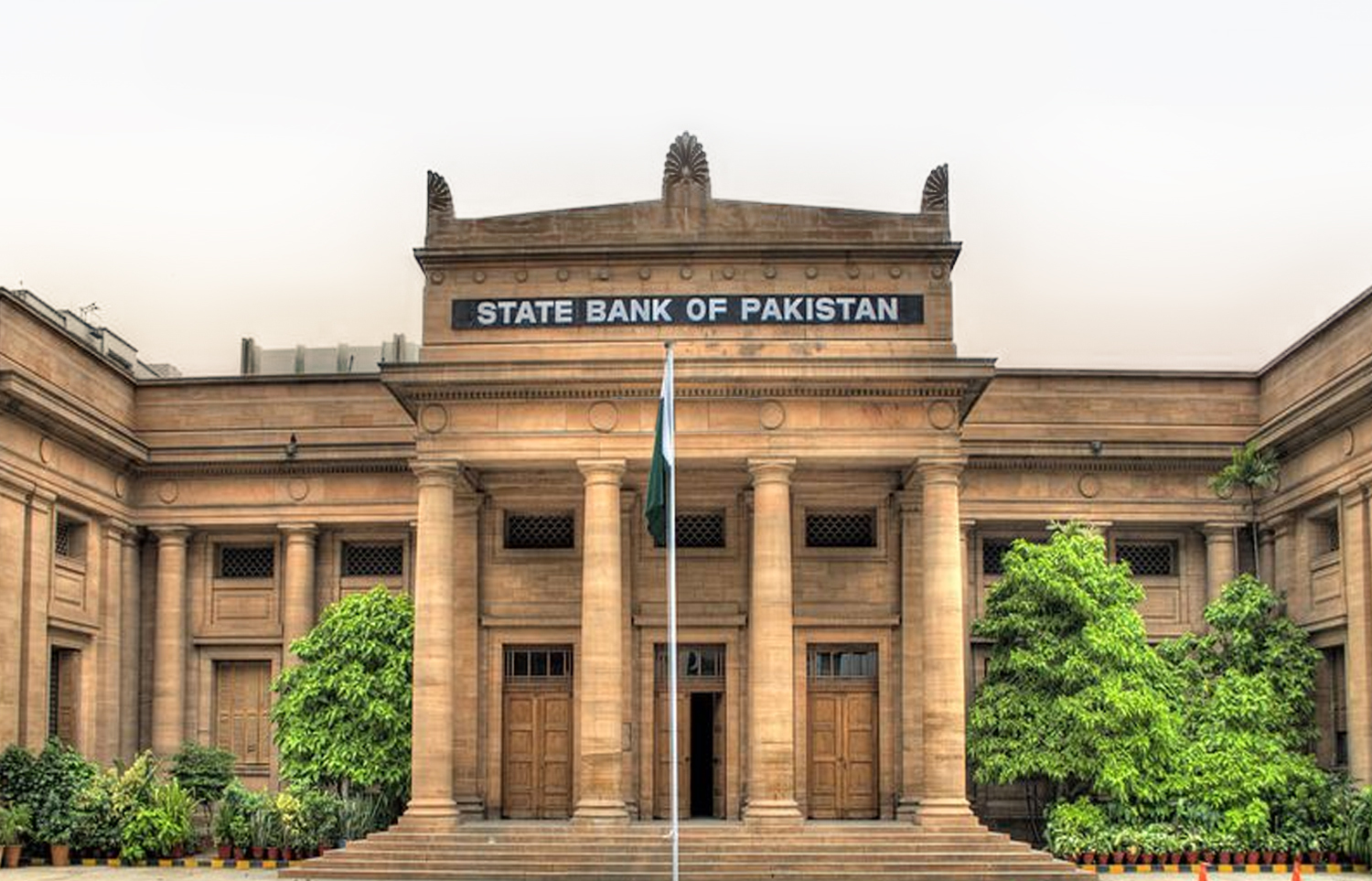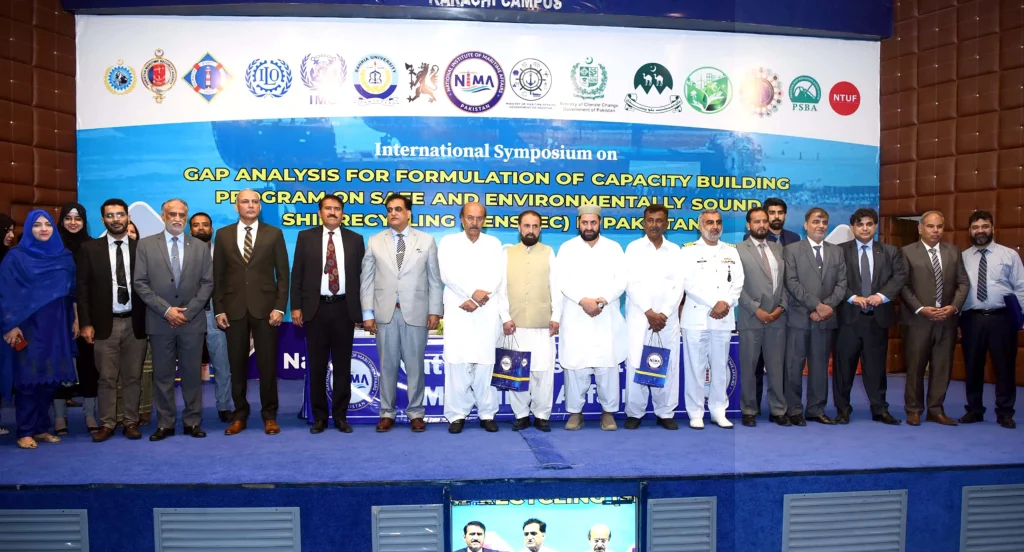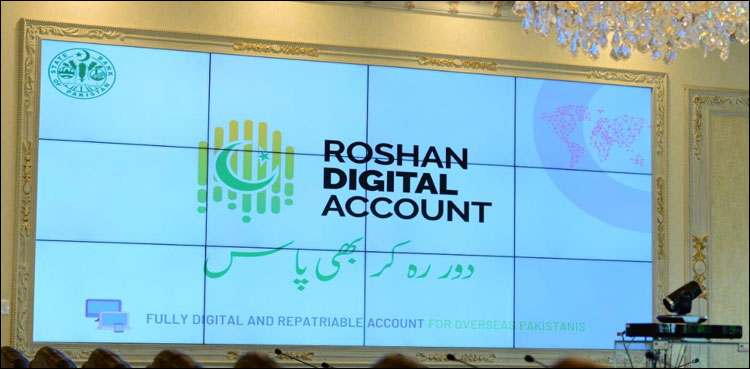- Fitch says there is risk of IMF deal proving to be insufficient.
- It says Pakistan to require additional financing besides IMF outlays.
- Moody’s says govt to be challenged by political, social pressures.
KARACHI: Pakistan’s agreement with the International Monetary Fund (IMF) for a $3 billion stand-by arrangement (SBA) will provide some relief for its strained public finances, but the country faces significant hurdles to sustain economic stability and growth, Moody’s Investors Service and Fitch said on Monday.
“Pakistan will require significant additional financing besides the IMF disbursements to meet its debt maturities and finance an economic recovery,” said Krisjanis Krustins, director of sovereigns for APAC at Fitch.
“While the IMF likely sought and received assurances for such financing, there is a risk that this could prove insufficient, particularly if current account deficits widen again.”
The IMF deal, which is subject to approval by the fund’s executive board, will support Pakistan’s efforts to implement reforms that will bolster its macroeconomic resilience over the longer term, Moody’s said in an analyst report.
“The approval of the SBA would moderately alleviate Pakistan’s government liquidity risk in the next few months, as a disbursement of IMF financing would likely also catalyse financing from other bilateral and multilateral partners,” Moody’s analyst Grace Lim said.
However, the rating agency cautioned that the government’s ability to maintain reform momentum, especially revenue-raising measures, and secure external financing will be tested by political and social pressures ahead of elections due by October 2023.
“Pakistan’s government liquidity risks remain very high,” Lim said. “It is uncertain that the Pakistani government will be able to secure full $3 billion of IMF financing during the nine-month SBA program.”
Pakistan’s economy has been battered by the coronavirus pandemic, floods, high inflation and social unrest.
The country’s foreign exchange reserves are very low at $3.5 billion as of June 16, while its external debt repayments will remain high for the next few years, with about $25 billion due in fiscal 2024.
“While the IMF SBA alleviates some of the near-term pressures on Pakistan, there is still high uncertainty around Pakistan’s external funding prospects for the rest of fiscal 2024 and later. Pakistan’s government liquidity risks remain very high,” the analyst said.
In the near-term the economic activity in Pakistan would likely remain subdued.
“Ongoing economic hardships because of the repercussions from the floods, compounded by worsening social tensions, would continue to drag economic activity. Elevated external liquidity pressures, limited fiscal space, lagged effects of the central bank policy rate increases and high inflation would also constrain household and government spending, as well as business investment,” the analyst added.
The IMF deal will help unlock financing from other bilateral and multilateral partners, easing some of the near-term pressures on Pakistan, Moody’s said.
Though, the country will need a longer-term external financing plan to meet its large financing needs for the next few years, which may require another IMF program after the elections.
“This may come in the form of another IMF programme. However, whether Pakistan will join another IMF programme may only become clear after elections.”
Negotiations for any future IMF program would also take some time, even if they succeed,” Lim said.
“Until a new program is agreed, Pakistan’s ability to secure loans from other bilateral and multilateral partners on an on-going basis over the longer-term will be severely constrained.”
Last month, Moody’s had warned that Pakistan could default without an IMF bailout as its financing options beyond June were uncertain.
Thus, reaching the SBA turned out to be a huge achievement for the government, with the stock market making historic day-on-day gains and the currency market stabilising after months.
According to the IMF, the staff-level agreement is subject to approval by the IMF Executive Board, with its consideration expected by mid-July.

 Latest News3 days ago
Latest News3 days ago
 Latest News3 days ago
Latest News3 days ago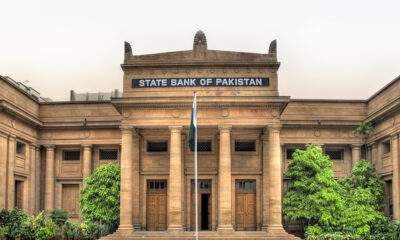
 Business3 days ago
Business3 days ago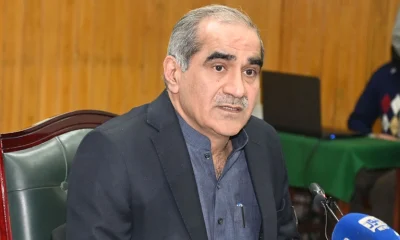
 Latest News3 days ago
Latest News3 days ago
 Latest News3 days ago
Latest News3 days ago
 Latest News3 days ago
Latest News3 days ago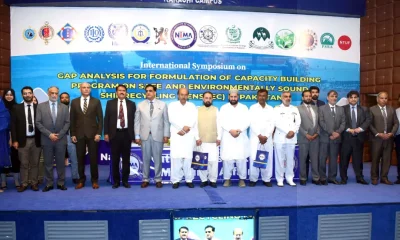
 Business3 days ago
Business3 days ago
 Latest News3 days ago
Latest News3 days ago













